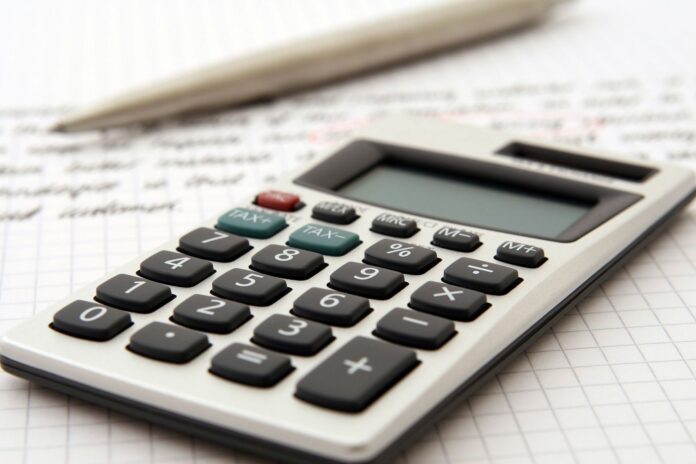Among the more well-publicised measures designed to stimulate demand for housing through the pandemic is a holiday on stamp duty. The holiday commenced in 2020, and it was extended in early 2021 when it became clear that the job was not quite done. From the end of June, the tax break will slowly relax, until we arrive at previous rates of Stamp Duty in September.
But exactly what is stamp duty, and is it always necessary to pay it? Let’s take a look.
What is Stamp Duty
Stamp Duty is a tax on the purchase of the property. This form of taxation has been practiced for centuries in various parts of the world, and its name is thought to originate in 17th century Spain, when an actual stamp was used to prove that the funds had been received.
In the UK, stamp duty can be up to 15% depending on where you’re buying, and what additional properties you already own.
Who Pays for Stamp Duty?
The buyer always pays the stamp duty. Usually, this cost is attached by the solicitor, so you don’t need to do anything extra.
What does the Stamp Duty Holiday Mean?
The Stamp Duty Holiday doesn’t exempt everyone from paying stamp duty. Rather, it imposes an upper ceiling of £500,000. If you’re buying a property for less than this, then you won’t have to pay. This ceiling will come down to £250,000 from the 1st July. Then finally it’ll come down to the £125,000 it previously occupied on 1st October.
What about first-time buyers?
Back in 2017, the government announced that first-time buyers would be exempt from Stamp Duty for property purchases of less than £300,000. This exemption is likely to persist for the foreseeable future.
What if I own more than one property?
If you own more than one property, then you’ll need to pay an additional surcharge on top of the stamp duty. This usually applies to landlords, for whom assistance is readily available, but other people might find themselves caught out. For example: If you’re buying an additional property before your main residence has been sold, or you’re buying a property for a family member. This even extends across national boundaries. If you have a holiday home in the South of France, and you buy another property in the north of England, then you’ll have to pay more.
How do I work out how much I owe?
You can work out your stamp duty obligations using HMRC’s Stamp Duty Land Tax calculator.







